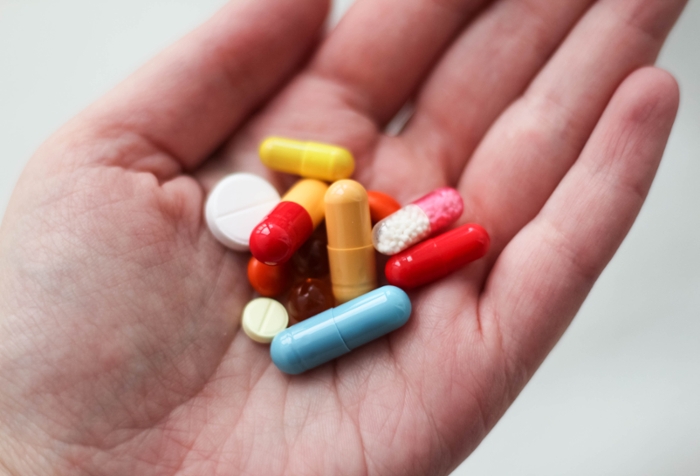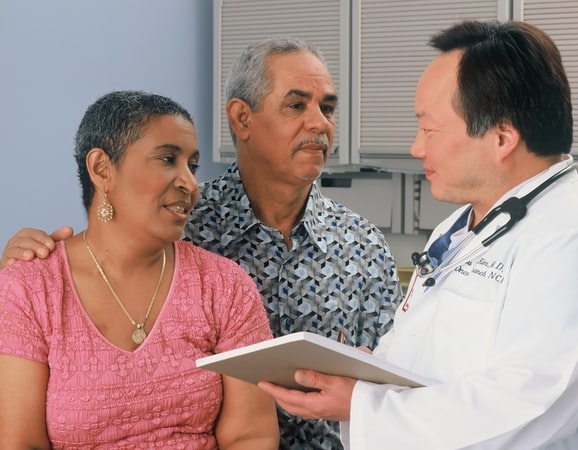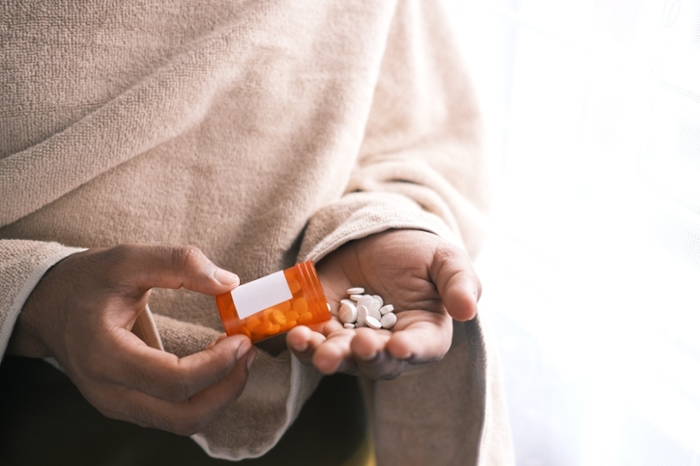What are repurposed drugs?
Our work focuses on repurposed drugs drugs developed to treat one condition that might be effective against other diseases like cancer or COVID-19. Our goal is to identify these medicines and fund the research to change clinical practice.
The Problem with Drug Development
Slow and Costly
Developing new pharmaceutical treatments is a slow, expensive process costs average between $985 million and $2.8 billion per drug, and it usually takes at least 10 years from preclinical testing to FDA approval.
No Financial Incentive
On top of the expense, not all studies offer a way for funders to recoup the money they spend once the drug is approved (if it gets that far). Many potential therapies that are scientifically promising aren’ being investigated simply because there’ no financial incentive for drug companies or research organizations to fund them.
We call these “financial orphans". These are often treatments that aren't eligible for a patent or that are widely available but need more clinical research to be considered as standard of care.

Repurposed Drugs
FDA approved drugs or therapies developed to treat one condition that could provide life-saving treatment against another disease.

Nutraceuticals
Nutritional products like dietary supplements and functional foods.

Behavioral Therapies
Dietary, exercise and other lifestyle changes that could potentially be as effective as drugs.
Focusing on Patients, not Patents
While the upfront costs are often considered unfundable by drug companies, repurposing drugs and therapies that are already FDA approved for other uses has the potential to get life-saving treatments into the hands of patients quickly and affordably. Safety and toxicology are often well-known based on the FDA approved use of the drug, results can be reused from initial testing, reducing the need for additional safety trials and other early phases of the FDA approval process that take up time and funding.
Dozens of non-cancer drugs initially developed to treat arthritis, diabetes, hypertension and other conditions are known to have potential effects on cancer cells. Our goal is to circumvent the for-profit model of drug development and use a non-profit approach that focuses on the most promising possibilities, rather than the best financial investments.

A Non-Profit Approach to Medical Research
We identify drug repurposing opportunities.
We provide funding for drug repurposing and unconventional treatments, so researchers can focus on finding the best solutions.
We sponsor clinical trials for cancer and other diseases, helping connect patients with the latest science quickly, safely, and affordably.
We partner with funding bodies in government, non-profit, and commercial sectors to help researchers pursue the most promising treatments.
